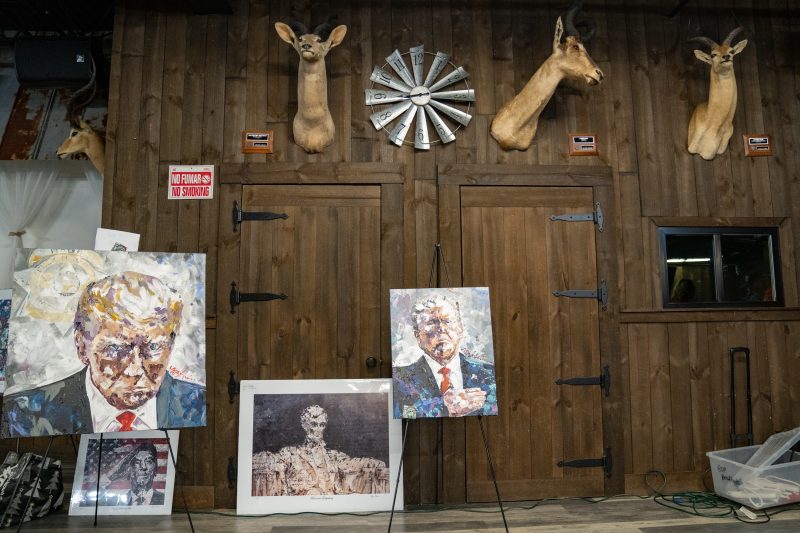In the ever-evolving landscape of American politics, the nomination of presidential candidates is a crucial step towards determining the nation’s future leadership. This year, the stage has been set with former Vice President Joe Biden securing the Democratic Party’s nomination and President Donald Trump clinching the Republican Party’s nomination for the upcoming presidential election.
Biden’s journey to becoming the Democratic Party’s nominee was marked by a competitive primary season featuring a diverse array of candidates. Despite initial setbacks and challenges, Biden emerged as a unifying figure within the party, garnering support from both moderate and progressive wings. His experience in government, particularly as Vice President under President Barack Obama, played a pivotal role in solidifying his position as a front-runner. With a platform focused on healthcare, economic recovery, and racial equity, Biden aims to appeal to a broad spectrum of voters in his bid for the presidency.
On the other side of the aisle, President Trump’s nomination by the Republican Party was a foregone conclusion, given his incumbent status and strong support within the party. Trump’s presidency has been marked by a combative and divisive style, appealing to a base of loyal supporters while drawing criticism from many others. His platform emphasizes issues such as economic growth, national security, and law enforcement, resonating with conservative voters who prioritize these issues. Trump’s unconventional approach to politics has made him a polarizing figure, with supporters lauding his outsider status and detractors decrying his rhetoric and policies.
The juxtaposition of Biden and Trump as the nominees for their respective parties sets the stage for a highly contentious and closely watched election. With America facing a myriad of challenges, including a global pandemic, economic uncertainty, and social unrest, the choice between these two candidates represents starkly different visions for the country’s future. Biden offers a return to traditional politics with a focus on unity and compassion, while Trump presents himself as a disruptor and champion of conservative values.
As both candidates gear up for the campaign trail, their strategies and messaging will be closely scrutinized by the media and voters alike. The debates, policy proposals, and campaign events in the coming months will play a crucial role in shaping public perception and ultimately determining the outcome of the election in November. The American electorate faces a critical decision in choosing the next leader of the nation, with the clash between Biden and Trump shaping up to be a consequential and historic battle for the presidency.

